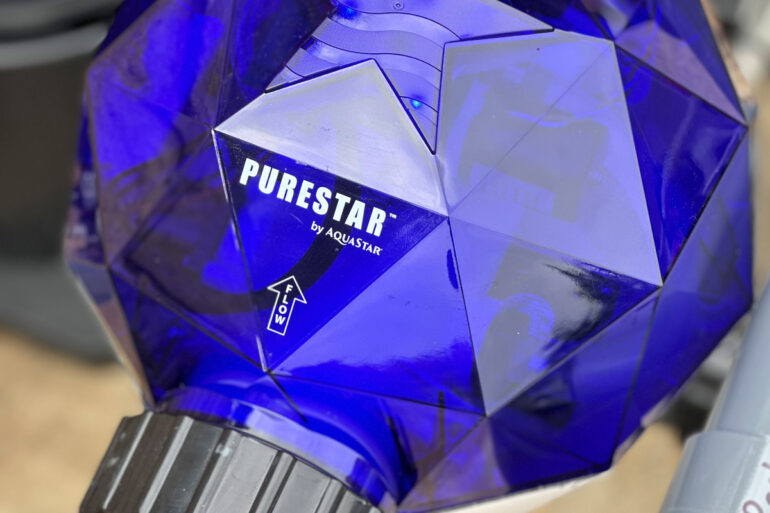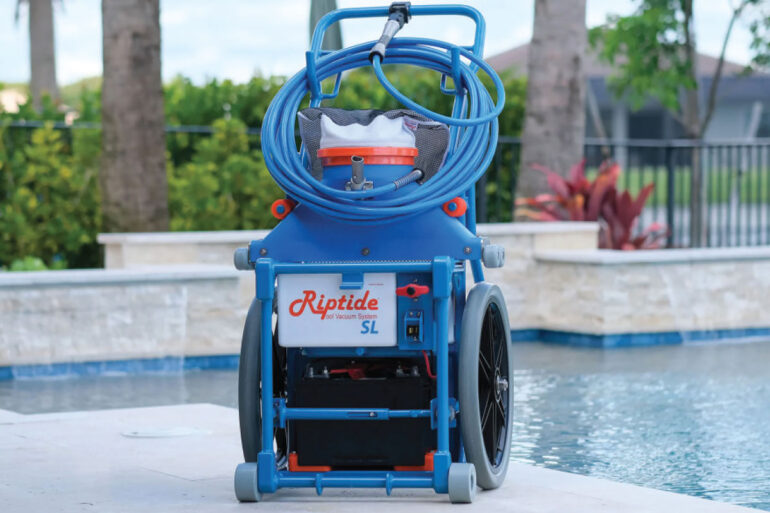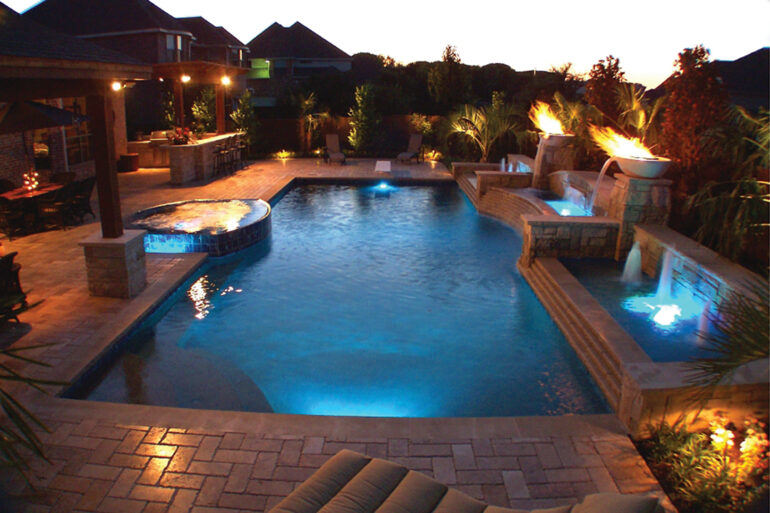What is the most common stain you come across and how do you treat it?

The most common stains I come across in pools are organic stains. They’re often from tannins in the water caused by decaying leaves, grass, acorns or dirt. To remove the stains, bring the chlorine level up to 10 ppm by applying granular shock directly on the stained areas. Brush thoroughly and leave the pool running for eight hours afterward. Rubbing a trichlor tab on any stubborn stains after the shock treatment will remove them. I then add pool enzyme to help prevent future staining.
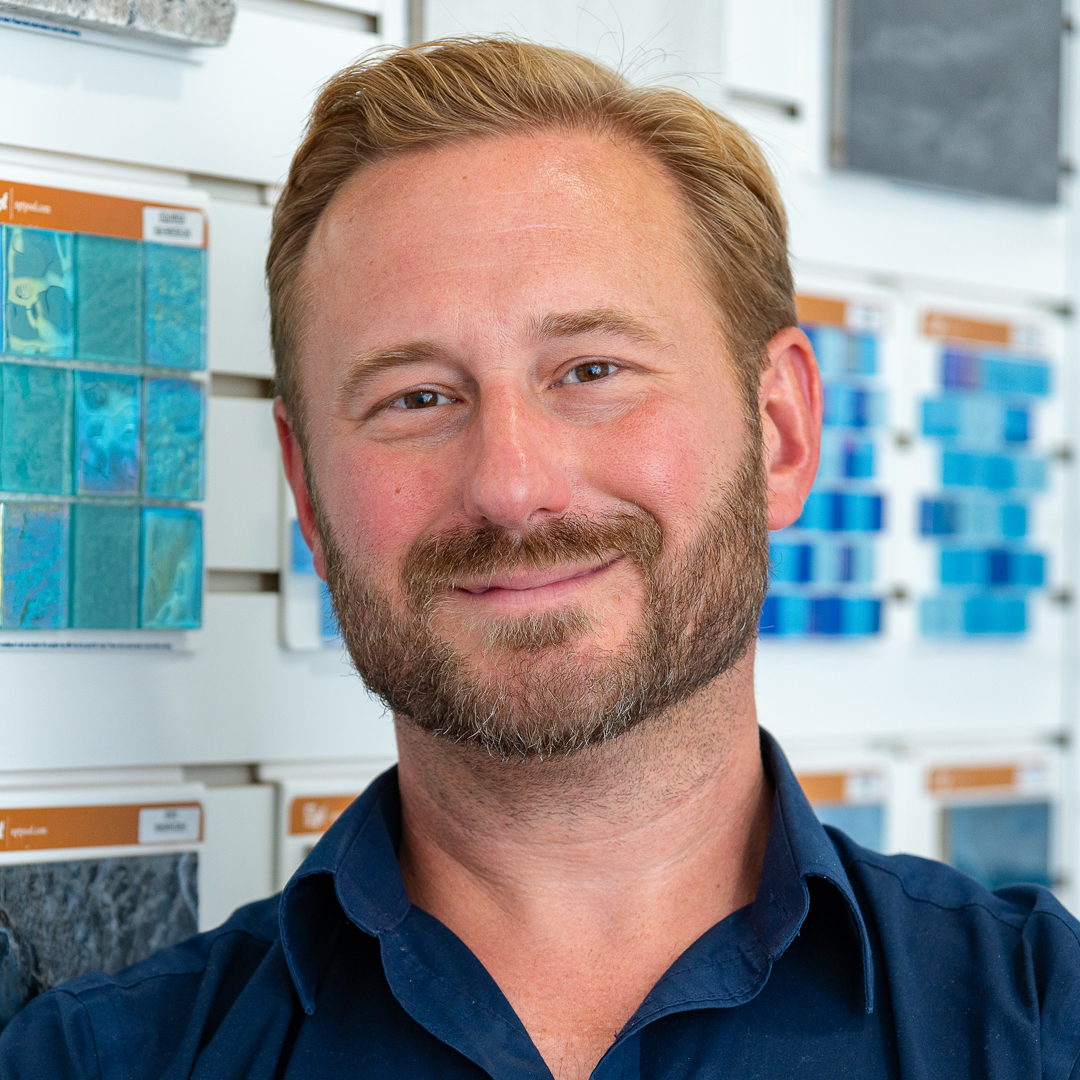
John Richardson
Owner/operator
Logan’s Pool Service
Gunter, Texas
Scale formation on pool walls is a common issue, and it occurs when minerals in the water settle on surfaces. In my experience, the most common form of scaling is calcium, which leaves a rough, white, chalky deposit on pool walls and tiles. This problem is more common in areas where water is considered “hard,” meaning it has a high mineral content. When pH, total alkalinity and calcium hardness rise above recommended levels, the minerals in the water become unstable and form scale. It appears as stains because it tends to take on whatever is in the water — dirt, copper, metal, etc.
To solve and prevent scale formation, it’s essential to maintain proper water chemistry. Regularly testing the pH, alkalinity and calcium hardness is crucial. Keeping the pH between 7.2 and 7.6, total alkalinity between 80 and 120 ppm and calcium hardness between 200 and 400 ppm can help prevent scale buildup. If scaling has already occurred, brushing the pool walls and using a descaling solution can help remove the deposits. In severe cases, draining and acid washing the pool might be necessary. Additionally, using a scale inhibitor, which binds to calcium ions and keeps them dissolved, can further prevent scale formation.
Another effective long-term solution — which is our specialty — is using alternative sanitizing methods, such as copper/silver ionization, which reduces the need for high chemical concentrations and minimizes the conditions that lead to scaling. This approach offers the added benefit of producing higher water quality while reducing the need for frequent chemical adjustments, further decreasing the likelihood of scale buildup.
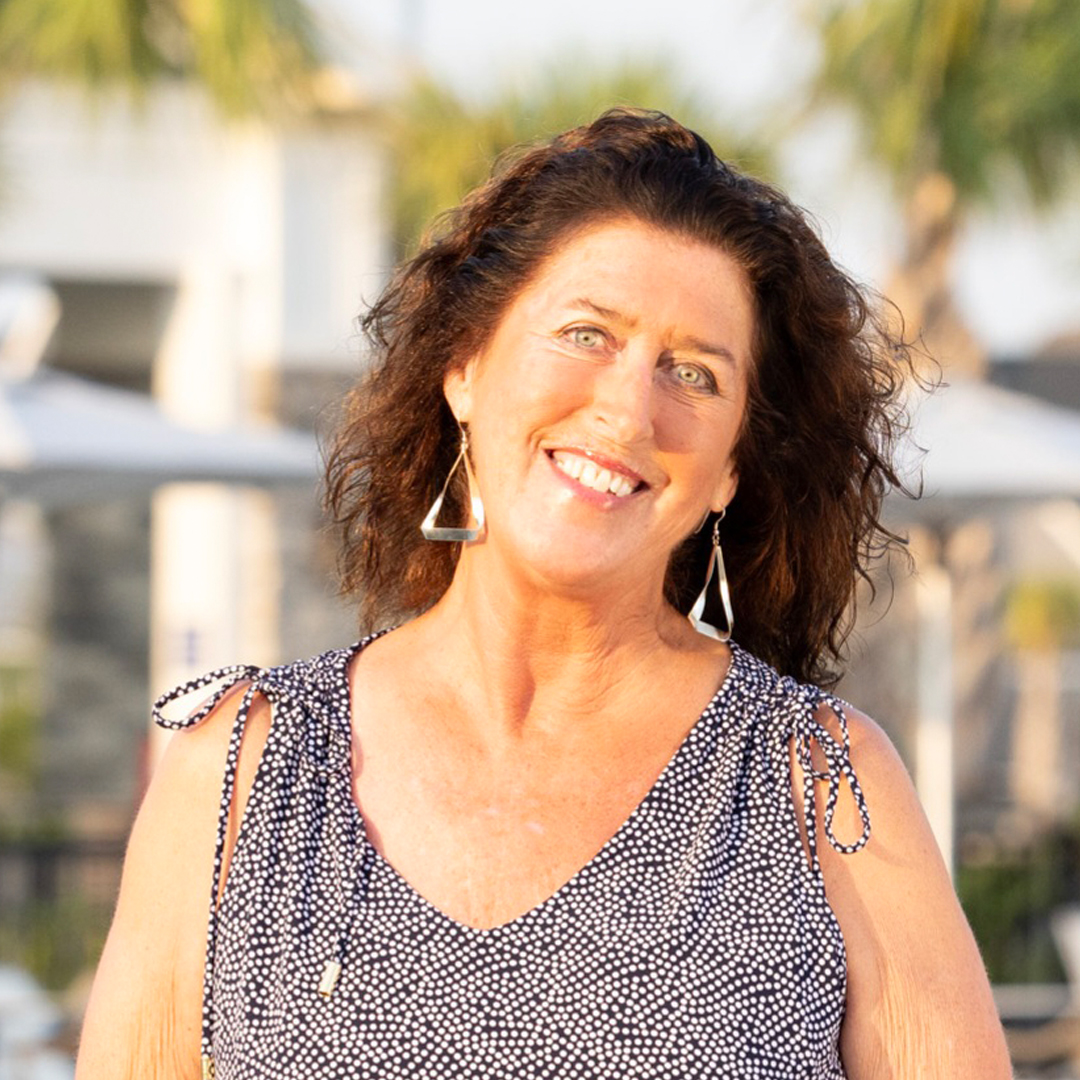
Anita Minervino
Owner and president
Coastal Pure
North Myrtle Beach, South Carolina
Our 2025 Panel


